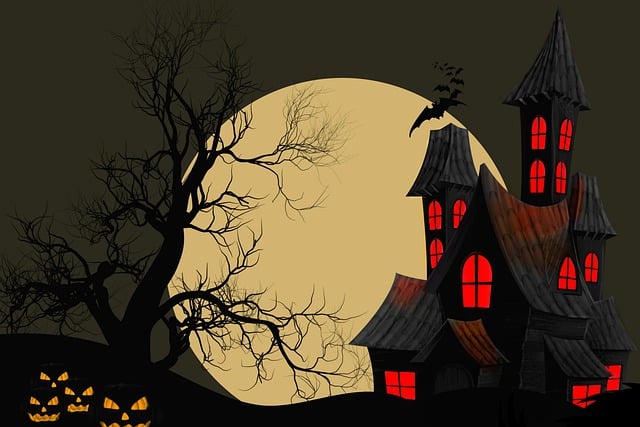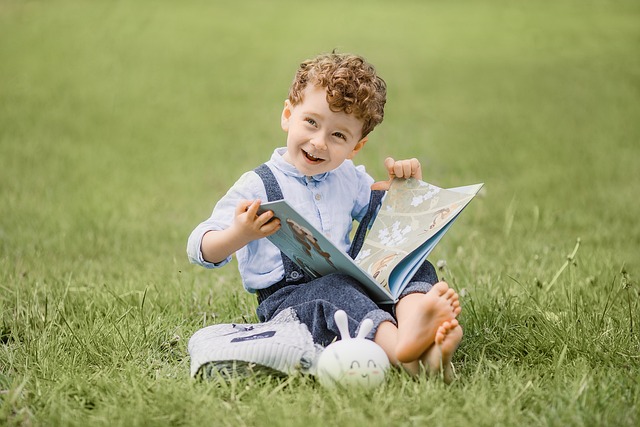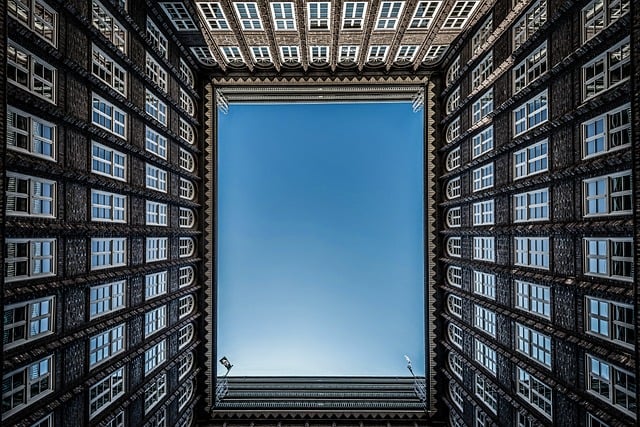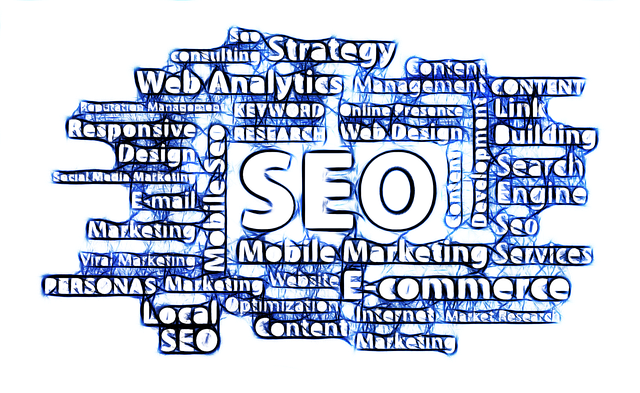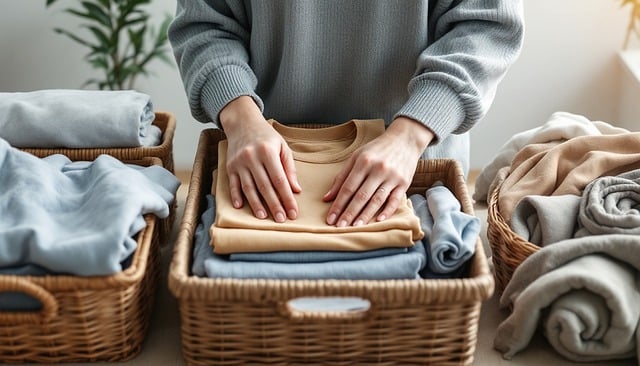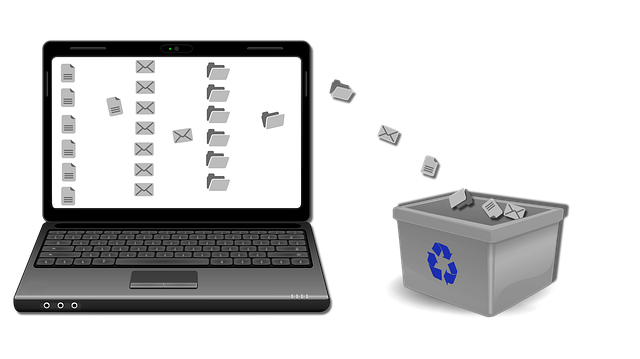Unclutter your mind, embrace emotional freedom! This article explores the profound connection between physical spaces and our mental states. We’ll delve into how clutter can impact our emotions and vice versa, offering a path to healing through decluttering.
Learn practical steps to transform your home, from creating a structured plan to implementing effective letting-go strategies. Discover the art of organization, mindfulness practices, and long-term benefits for improved mental well-being and productivity. Embrace a calmer, more peaceful life – one organized step at a time.
Keywords: Home Organization and Decluttering
- Understanding the Connection Between Clutter and Emotion
- – Explore the psychological impact of clutter
- – How physical surroundings affect mental state and vice versa
Understanding the Connection Between Clutter and Emotion
Clutter in our homes often mirrors the chaos in our minds, and this is where the deep connection between physical space and emotional well-being comes into play. When our living areas are overflowing with items, it can create a sense of overwhelm and anxiety. On the other hand, a tidy and organized home environment promotes peace and clarity. Home organization and decluttering techniques aim to break this cycle.
By letting go of unnecessary belongings, we reduce mental clutter and free ourselves from emotional baggage. This process allows for better stress management and improved focus on what truly matters. A serene and uncluttered space can enhance our sense of control and empowerment, making it an essential step towards gaining emotional freedom and improving overall mental health.
– Explore the psychological impact of clutter
Clutter in our homes can have a profound psychological impact, often reflecting and influencing our mental state. Research suggests that a disorganized living space contributes to increased stress levels and may even hinder our ability to process emotions effectively. When surrounded by excessive possessions, we might find ourselves feeling overwhelmed, leading to procrastination and difficulty making decisions. This sense of chaos can disrupt our peace of mind and make it challenging to focus on personal growth and emotional well-being.
Home organization and decluttering become powerful tools for fostering psychological freedom. By simplifying our living environment, we create a sense of control and order that extends into other areas of life. A tidy space allows us to calm our minds, making it easier to manage stress and anxiety. Moreover, decluttering encourages us to let go of items that no longer serve us, including those carrying emotional baggage. This process facilitates a deeper connection with ourselves and promotes a more positive relationship with our belongings, ultimately contributing to enhanced emotional freedom.
– How physical surroundings affect mental state and vice versa
Our physical surroundings have a profound impact on our mental state, with research showing that what we see around us influences our emotions and cognitive functions. A cluttered home, for instance, can contribute to feelings of stress, anxiety, and even overwhelm, making it harder to focus or feel mentally at ease. On the flip side, creating a calm and organized space through home organization and decluttering techniques can significantly enhance emotional well-being.
A tidy environment promotes clarity of mind, fosters a sense of control, and reduces cognitive load. When things are sorted and put in their place, it becomes easier to locate items, leading to less frustration and wasted time. This, in turn, can improve mood, boost productivity, and even enhance creativity. By taking the time to organize and declutter, individuals gain a sense of accomplishment and freedom, allowing them to focus on what truly matters in life.
By understanding the deep connection between clutter and emotions, we can harness the power of home organization and decluttering as tools for emotional freedom. Creating a tidy and intentional space is not just about aesthetics; it’s a form of self-care that can significantly impact our mental well-being. Embracing minimalism and adopting practical decluttering techniques allow us to release emotional baggage tied to possessions, fostering a sense of calm and clarity. This transformative process enables individuals to reclaim their personal spaces and, in turn, rediscover inner peace.

